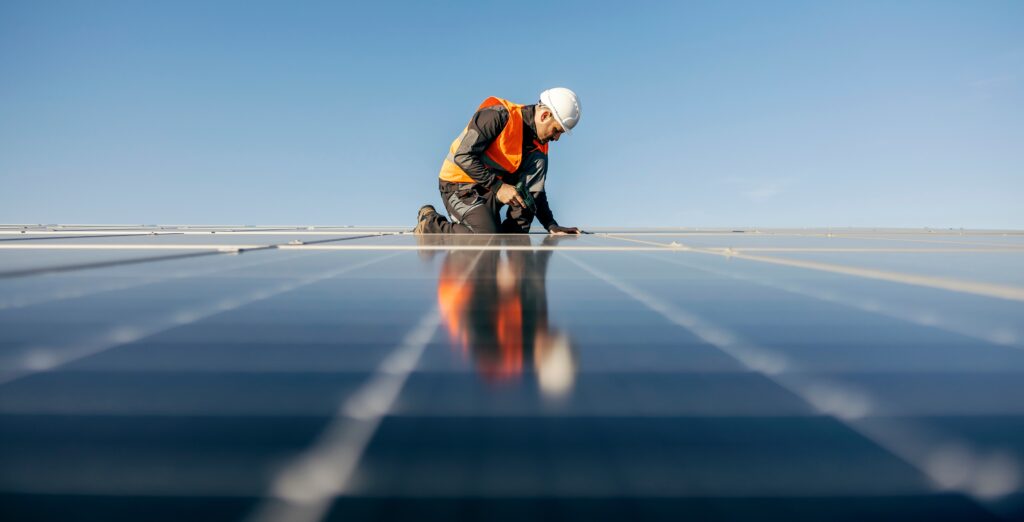
As global temperatures rise and extreme weather events become more common, many people are becoming more aware of their personal responsibility in shaping a greener future. Solar panels are rapidly emerging as one of the most popular solutions for reducing your carbon footprint and contributing to a cleaner environment.
While we often hear about the environmental benefits of solar energy—clean, green, and pollution-free—it’s also important to understand the environmental impact of producing and disposing of solar panels.
Environmental Impact of Solar Panel Production
Producing solar panels involves the extraction of raw materials such as silicon, cadmium, and copper. When mining is carried out irresponsibly, it can lead to environmental issues including habitat destruction, loss of biodiversity, and ecosystem degradation.
However, as demand for solar technology has increased, the industry has made significant progress in improving sustainability. Many manufacturers now operate more environmentally conscious mining and production processes. Land used for resource extraction is often reclaimed and restored to its natural state, encouraging the return of wildlife and the regeneration of biodiversity.
In addition, technological advances mean that modern solar panels require less silicon than in the past, and many production facilities now run on renewable energy sources. As a result, today’s solar panels typically repay their carbon footprint within four years of use.

Recycling Solar Panels
Like most modern technologies, solar panels can be recycled. Many of their components—especially glass and silicon—can be recovered and reused in the production of new panels. As recycling technologies continue to evolve, the rate and efficiency of material recovery are steadily improving.
Conclusion
No energy source is completely without environmental impact, but solar power stands out as one of the most eco-friendly options available. With ongoing advances in technology, solar panels are becoming more efficient, sustainable, and easier to recycle.
The environmental benefits are clear: reduced carbon emissions, cleaner air, and a reduced reliance on fossil fuels. While the industry still has challenges to address, especially around sustainable manufacturing and end-of-life recycling, for consumers, solar panels remain a smart and responsible choice for renewable energy.
